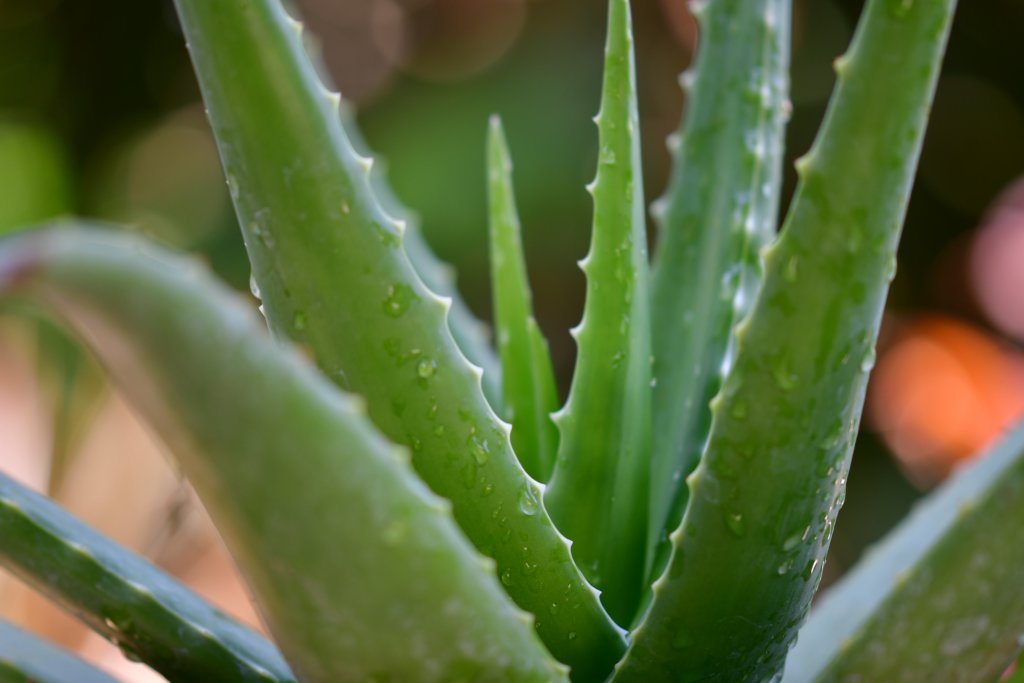I’m sure most of us have cracked open an aloe vera leaf to reveal the green gel that oozes out. We most commonly use this soothing sap to plaster on our sunburn or household wounds. But – did you know, this ancient healer may do a lot more than relieve our skin after too much sun. The Ancient Egyptians went as far as to coin it “the plant of immortality.” Well hey, if it was good enough for Cleopatra, it’s a yes from me.
So what else does this ancient wonder plant do?

Top Five Benefits of Aloe Vera:
- Supply nutrients (and a lot of them). A review article on Aloe Vera (Surjushe et al., 2008) found that aloe vera contains up to 75 active constituents, including vitamins, minerals, enzymes, amino acids and fatty acids. Antioxidants such as vitamin A, vitamin C and other plant-based compounds help to protect the body from free radical damage.Minerals present in aloe include: magnesium, zinc, selenium, chromium, potassium and calcium. Aloe contains fatty acids such as cholesterol and lupeol which have anti-inflammatory properties.
- Promote collagen production to increase wound healing. Aloe vera contains a polysaccharide (long chain of sugars) called glucomannan as well as a growth hormone called gibberellin, which work in combination to increase collagen production after applied topically to skin. This in turn improves wound healing and scar tissue formation following skin damage.
- Protective against UV damage. Our favourite cooling sunburn salve is rich in antioxidants which is thought to be the main protective mechanism against skin damage following exposure to UV and gamma radiation. We always layer it on generously to soothe the burn!
- Moisturise and reduce signs of ageing (okay, now I’m listening). As already mentioned, the collagen-boosting effects of aloe help to make skin less wrinkled in appearance. Aloe also contains polysaccharides which help to increase moisture binding in skin. Collagen and elastin production helps to bind together epidermal (outermost layer of skin) cells which helps soften skin and reduce “flakiness.”
- Support healthy digestion. Aloe is renowned as a digestive soother. It has anti-inflammatory action which is thought to help relieve digestive distress. It can also help keep you “regular” due to the presence of anthraquinones, which are potent herbal laxatives. Anthraquinones work by increasing the water content, mucus secretion and peristalsis (muscular contractions) in the lower digestive tract. Always consult your health practitioner or one of our trained professionals before oral consumption to make sure it’s the right supplement for you.
Disclaimer: This blog post is intended for educational purposes only. Please do not use this information to diagnose or treat any health concerns you may have. This information is not intended to replace the advice given to you by a qualified health professional. Get in contact with a Tonic Health consultant or a relevant health professional if you need guidance on your individual health journey.